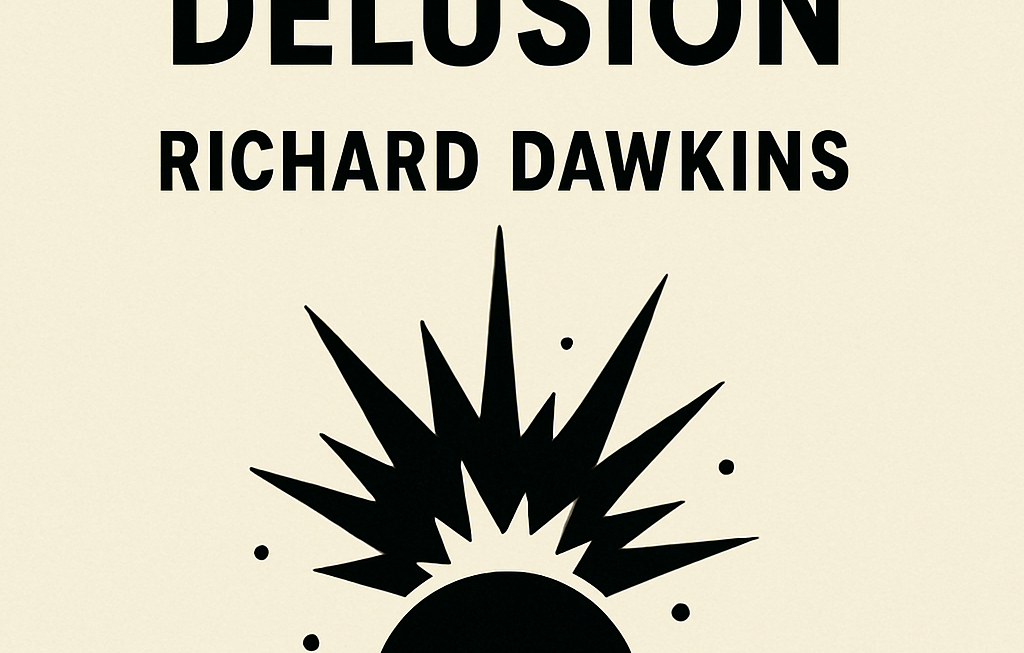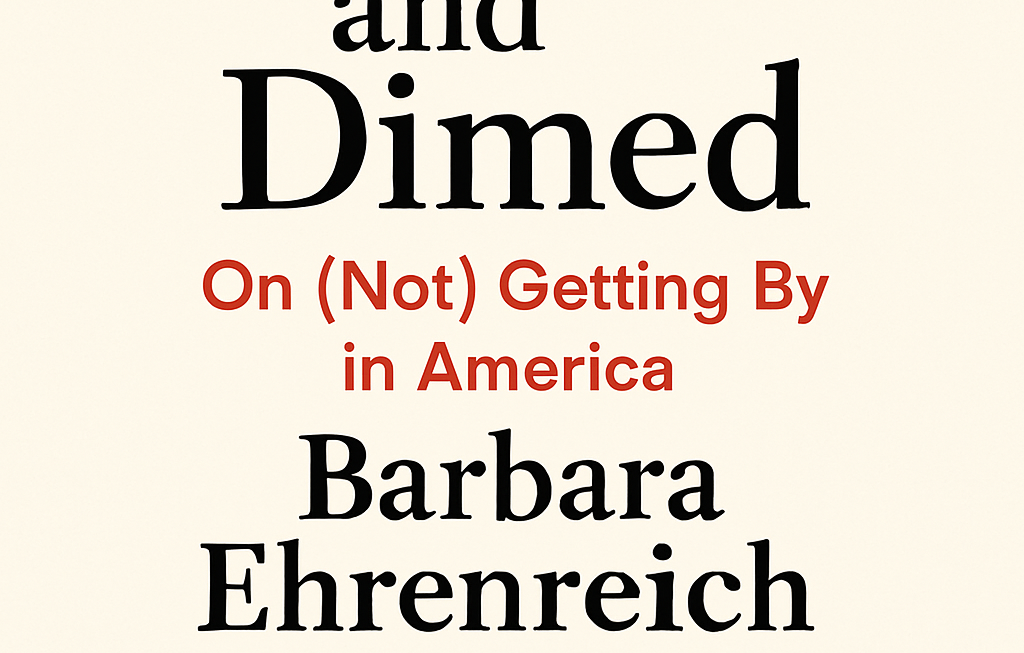The God Delusion: A Legacy of Reason and Controversy
Richard Dawkins, the name itself conjures images of fervent debate, sharp intellect, and unwavering commitment to scientific rationalism. His 2006 magnum opus, The God Delusion, wasn’t merely a book; it was a grenade lobbed into the heart of established religious discourse. Dawkins, a renowned evolutionary biologist whose earlier work, The Selfish Gene, revolutionized our understanding of evolution, turned his formidable intellect to a systematic dismantling of religious belief. The book wasn’t simply an assertion of atheism; it was a meticulously constructed argument, laced with wit and meticulously researched evidence, challenging the very foundations of faith. He dissected the psychological underpinnings of religious belief, arguing convincingly that faith, in its most dogmatic forms, is a harmful delusion hindering scientific progress and societal advancement. The book didn’t shy away from addressing the darker aspects of religious history, exploring the potential for religious extremism and the damaging consequences of blind faith. Its publication catapulted Dawkins to the forefront of the “New Atheism” movement, igniting a firestorm of controversy and solidifying his status as a leading public intellectual, a figure both celebrated and vilified for his uncompromising stance.
However, The God Delusion is more than a polemic. It’s a deeply personal exploration of the author’s worldview, a reflection on the power of reason in a world often dominated by unquestioning belief. Dawkins’ distinctive style—a blend of rigorous scientific analysis, engaging narrative, and acerbic wit—made the complex arguments accessible to a wide audience. The book’s enduring legacy lies not only in its provocative thesis but also in its sustained contribution to the global conversation surrounding science, religion, and the nature of belief itself. It forced a re-evaluation of the relationship between faith and reason, igniting a dialogue that continues to resonate today, making it not just a significant literary work but a cultural phenomenon.
An Interview with Richard Dawkins
- Question 1: The God Delusion is often described as a polemic. Do you believe that the book’s effectiveness was enhanced, or diminished, by its combative tone?
- Answer 1: I accept the “polemic” label. But a polemic doesn’t have to be inaccurate or unfair. My aim wasn’t to be polite, but to be persuasive. Some readers appreciate the directness; others are repelled. That’s unavoidable when confronting deeply held beliefs. Ultimately, I believe the clarity of argument outweighed any potential loss of readers due to the tone.
- Question 2: Your work often elicits strong emotional responses. Did you anticipate the level of controversy that The God Delusion generated, and how did you navigate the ensuing debates?
- Answer 2: I anticipated strong reactions, yes. The book challenges profoundly held beliefs, and it was written to be challenging. Navigating the debates involved primarily sticking to the facts, and acknowledging the intellectual honesty of those who disagreed—while simultaneously maintaining my own position.
- Question 3: Critics accuse you of oversimplifying complex religious beliefs. How do you respond to this criticism, particularly concerning the diverse interpretations within various faiths?
- Answer 3: The book’s scope necessarily involved generalization. Addressing the nuanced subtleties of every religious tradition in a single volume was impossible. I focused on broad themes—faith versus reason, the problem of evil, the historical influence of religion—rather than on individual belief systems. The broad strokes are still valid, I maintain.
- Question 4: The Selfish Gene fundamentally shifted our understanding of evolution. How did the experience of writing that book inform your approach to The God Delusion?
- Answer 4: The rigorous scientific approach honed in The Selfish Gene directly translated to The God Delusion. The same principles of evidence-based argument, logical reasoning, and clear exposition were crucial in both books. The difference lay in the subject matter: genes versus theism.
- Question 5: Your work has significantly influenced the public discourse on atheism and secularism. Reflect on your role in shaping the “New Atheism” movement, and whether the movement has achieved its goals.
- Answer 5: I’m pleased that The God Delusion contributed to a broader public conversation about atheism. Whether the “New Atheism” movement has achieved its goals is a complex question. Increased awareness of secular views is undoubtedly a success, yet the challenges of combating religious extremism remain.
- Question 6: Many critics view your atheism as aggressive or intolerant. Do you believe it’s possible to advocate for atheism without alienating those of faith?
- Answer 6: Aggression is not the same as intellectual rigor. I believe a reasoned, evidence-based argument is not inherently intolerant. But it’s true that my work can be perceived as aggressive. I am, however, profoundly committed to the principles of free inquiry and open discourse.
- Question 7: Beyond the polemics, what personal experiences shaped your views on religion and atheism?
- Answer 7: My journey towards atheism wasn’t a sudden conversion; it was a gradual process, a shedding of beliefs I found increasingly untenable in the face of scientific evidence. The hypocrisy and harm caused by certain religious institutions significantly influenced my worldview.
- Question 8: How do you reconcile the apparent conflict between scientific objectivity and the subjective experience of religious faith?
- Answer 8: The conflict is fundamental. Science operates through observation, testing, and falsification; religious faith rests on belief, often in the absence of testable evidence. I find the methods irreconcilable, though some seek common ground. The core issue, however, is epistemology.
- Question 9: Looking back, what aspects of The God Delusion would you revise, given the intervening years and evolving perspectives?
- Answer 9: I might emphasize certain points more strongly, perhaps offer additional nuance in specific arguments. However, the core thesis remains valid. Scientific understanding has advanced, but the basic conflict between faith and reason hasn’t changed.
- Question 10: What do you hope readers will take away from your work, beyond a simple acceptance or rejection of atheism?
- Answer 10: I hope readers develop a critical mindset, a willingness to question authority and received wisdom. I hope they will embrace the power of reason and evidence-based thinking—whether they agree with my conclusions or not.



